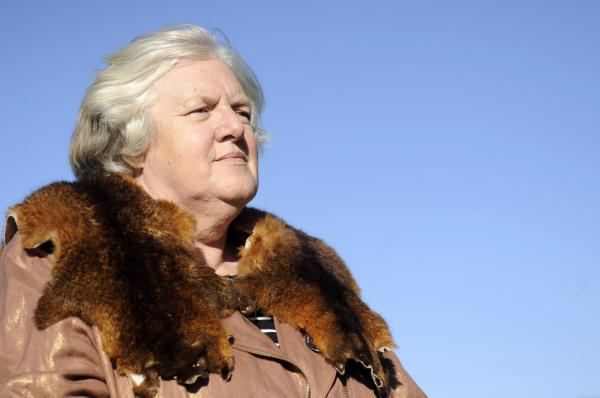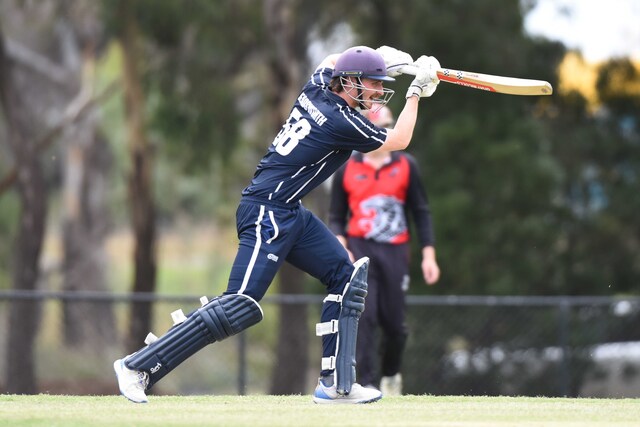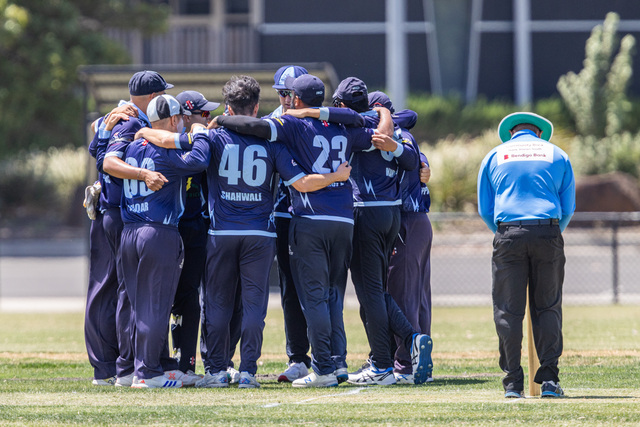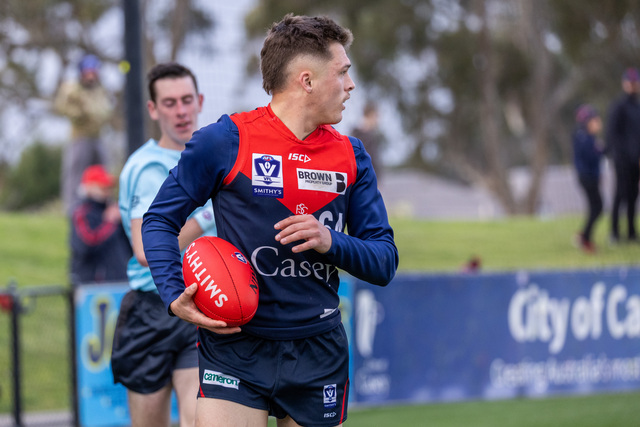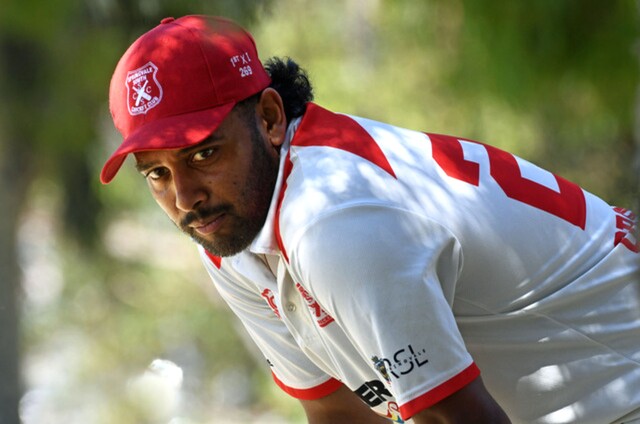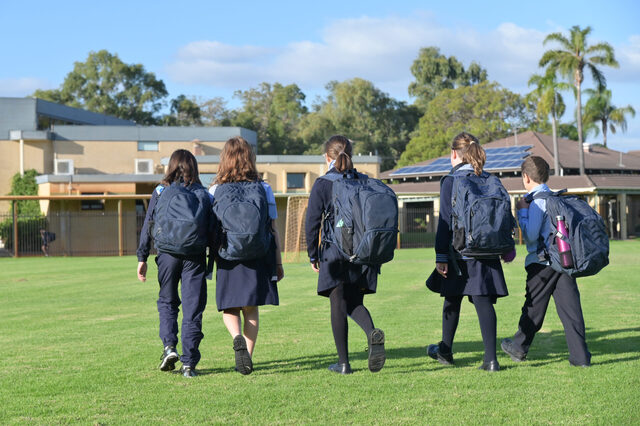By CAM LUCADOU-WELLS
WURUNDJERI elder Diane Kerr has called for a summit of community elders to work together to combat the ‘ice’ drug “crisis”.
Speaking around NAIDOC Week, Aunty Di of Narre Warren, said it was time for elders to put aside differences and talk about the common problems bedevilling young people from the south-east region’s multitude of cultures.
She nominates issues such as alcohol, housing, employment, education, child sexual abuse and family violence.
Top of her list is the “evil” crystal methamphetamine – better known as ‘ice’.
She said it was at a “crisis stage” – a rising factor in ambulance attendances and crime, and the subject of a state parliamentary inquiry.
“If I hear of anyone doing the wrong thing in our community with that drug, I’m naming and shaming them,” Aunty Di said.
“I’m not losing any more of our kids – overdosing and suiciding. You can imagine how many it is altogether.
“I’m not thinking I’m a saviour of the world but if I don’t do anything I don’t think I can have the name of an elder.
“It’s time that elders step up in their communities and say ‘enough is enough’.”
By sitting together, elders can show the way for young people to get along, she said.
It’s an idea that doesn’t need funding. Aunty Di would be happy for elders to meet in a park – without the need to hire a hall.
“We should go back to the old ways – bring a plate, sit down and do our business.
“The hardest bit is getting people together.”
She said groups needed to overcome rivalries to work through problems.
“Instead of being angry at each other that one culture thinks one culture gets more than the other – half of all that is a myth.
“We all have your fear factor about certain cultures. Until we sit down and have that talk, learn and understand our laws and customs.”
Ms Kerr, who is part of the Dandenong Aboriginal Co-operative, makes a point of speaking to a stranger every day.
“It’s ourselves at community level that need to do a better job.
“I’d love for us to have elders from each community sit around a table and discuss our issues – how we can assist our youth in the communities.”

